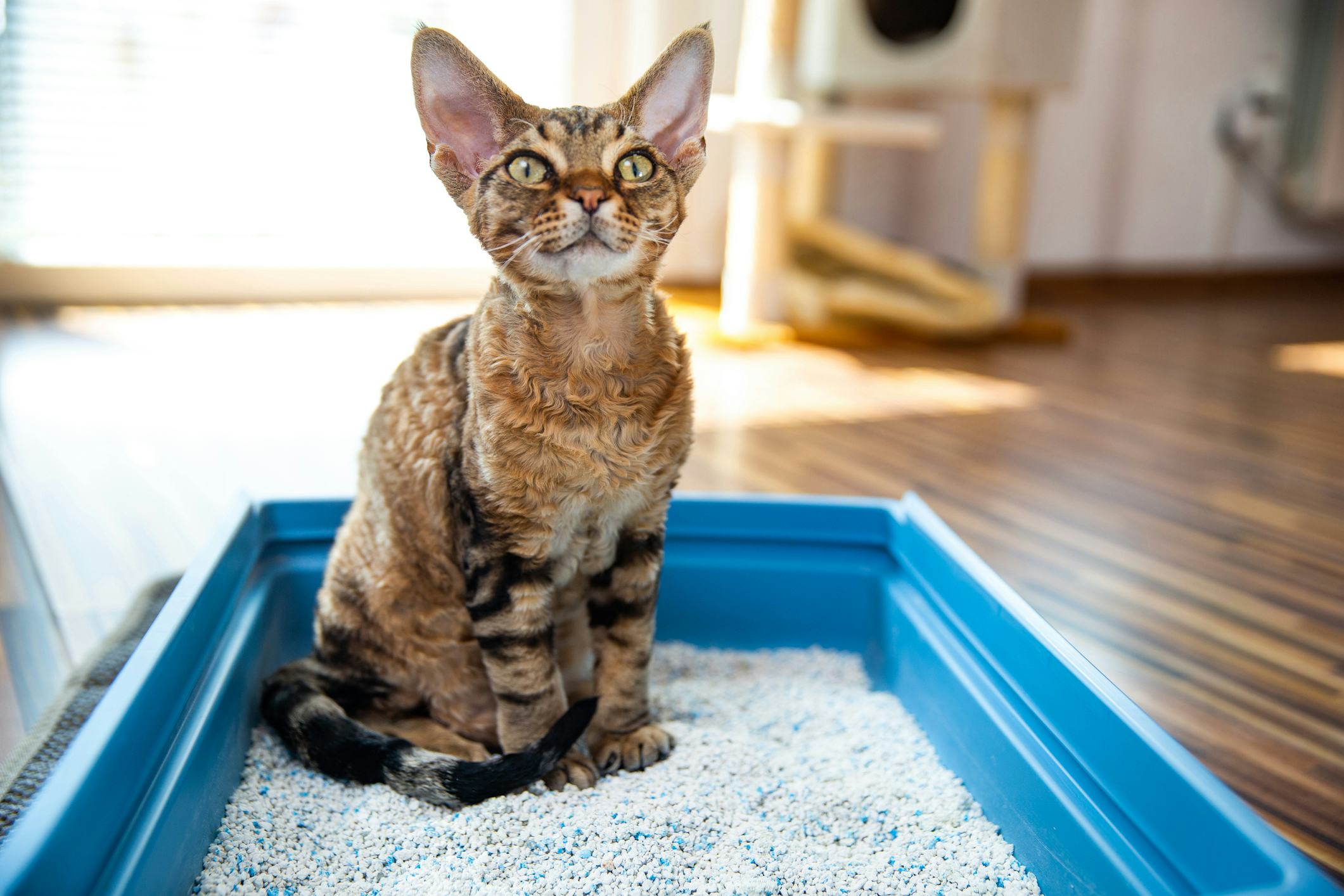Why Flushing Cat Poop Down Your Toilet Can Cause Problems - Recommendations for Proper Handling
Why Flushing Cat Poop Down Your Toilet Can Cause Problems - Recommendations for Proper Handling
Blog Article
The article author is making a number of good annotation on the subject of Don’t flush cat feces down the toilet overall in the article on the next paragraphs.

Introduction
As cat owners, it's necessary to be mindful of just how we dispose of our feline pals' waste. While it might appear hassle-free to flush cat poop down the commode, this method can have destructive effects for both the environment and human wellness.
Alternatives to Flushing
Thankfully, there are safer and much more accountable methods to take care of cat poop. Consider the adhering to alternatives:
1. Scoop and Dispose in Trash
One of the most common method of taking care of feline poop is to scoop it right into a naturally degradable bag and toss it in the trash. Make certain to utilize a dedicated clutter scoop and dispose of the waste promptly.
2. Use Biodegradable Litter
Go with naturally degradable feline clutter made from products such as corn or wheat. These clutters are environmentally friendly and can be safely thrown away in the garbage.
3. Bury in the Yard
If you have a yard, think about hiding feline waste in an assigned area far from vegetable yards and water resources. Make certain to dig deep sufficient to prevent contamination of groundwater.
4. Set Up a Pet Waste Disposal System
Purchase an animal garbage disposal system especially created for pet cat waste. These systems make use of enzymes to break down the waste, lowering smell and ecological impact.
Wellness Risks
Along with environmental issues, flushing pet cat waste can additionally position health threats to people. Feline feces might contain Toxoplasma gondii, a bloodsucker that can create toxoplasmosis-- a potentially serious disease, particularly for expecting ladies and individuals with weakened immune systems.
Ecological Impact
Purging cat poop introduces unsafe microorganisms and bloodsuckers into the water system, posturing a considerable danger to water ecosystems. These impurities can negatively influence marine life and concession water quality.
Conclusion
Liable pet dog ownership prolongs past giving food and shelter-- it also includes proper waste administration. By refraining from purging pet cat poop down the commode and selecting alternate disposal techniques, we can lessen our environmental footprint and secure human health.
Why You Should Never Flush Cat Poop Down the Toilet
A rose by any other name might smell as sweet, but not all poop is created equal. Toilets, and our sewage systems, are designed for human excrement, not animal waste. It might seem like it couldn’t hurt to toss cat feces into the loo, but it’s not a good idea to flush cat poop in the toilet.
First and foremost, assuming your cat uses a litter box, any waste is going to have litter on it. And even the smallest amount of litter can wreak havoc on plumbing.
Over time, small amounts build up, filling up your septic system. Most litter sold today is clumping; it is made from a type of clay that hardens when it gets wet. Ever tried to scrape old clumps from the bottom of a litter box? You know just how cement-hard it can get!
Now imagine just a small clump of that stuck in your pipes. A simple de-clogger like Drano isn’t going to cut it. And that means it’s going to cost you big time to fix it.
Parasitic Contamination
Believe it or not, your healthy kitty may be harboring a nasty parasite. Only cats excrete Toxoplasma in their feces. Yet it rarely causes serious health issues in the cats that are infected. Most people will be fine too if infected. Only pregnant women and people with compromised immune systems are at risk. (If you’ve ever heard how women who are expecting are excused from litter cleaning duty, Toxoplasma is why.)
But other animals may have a problem if infected with the parasite. And human water treatment systems aren’t designed to handle it. As a result, the systems don’t remove the parasite before discharging wastewater into local waterways. Fish, shellfish, and other marine life — otters in particular — are susceptible to toxoplasma. If exposed, most will end up with brain damage and many will die.
Depending on the species of fish, they may end up on someone’s fish hook and, ultimately on someone’s dinner plate. If that someone has a chronic illness, they’re at risk.
Skip the Toilet Training
We know there are folks out there who like to toilet train their cats. And we give them props, it takes a lot of work. But thanks to the toxoplasma, it’s not a good idea.

I'm very fascinated with Can You Flush Cat Poo or Litter Down the Toilet? and I really hope you enjoyed reading the entire entry. Be sure to take a moment to share this blog if you enjoyed it. Thank-you for taking the time to read it.
Call Today Report this page